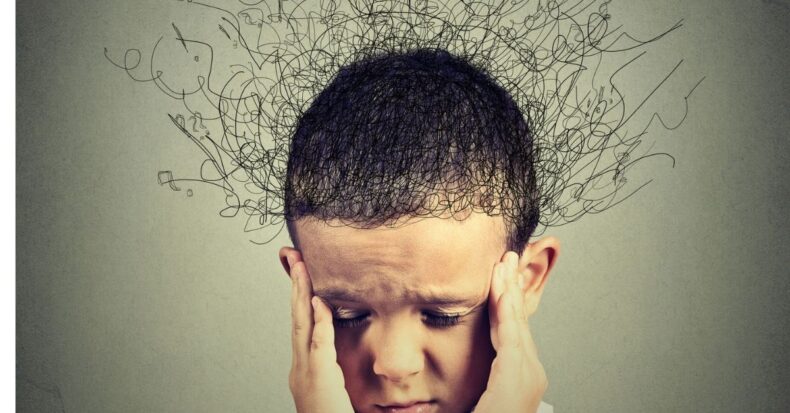The medical study once declared that depression only affected adults, and however, the risk of contracting the disease can begin in childhood or early adolescence and increase steadily until your mid-20s. About 11 per cent of young people will have had an episode of depression in their late teens.
What is Depression?
We all have gone through such times when we feel depressed or sad. Depression is a feeling of sadness, hopelessness, or hopelessness that does not go away.
In people with depression, this feeling can last for weeks or months and affect a person’s ability to participate in daily activities.
People with depression often view the world in a negative light. You can be overly critical of yourself and feel worthless and unloving. You may feel overwhelmed by minor problems that the rest of us can easily handle.
Depression affects your mood, attitudes, thoughts, and behavior. It can also cause fatigue, irritability, loss of appetite, headaches, and insomnia. You feel like you’re giving up.
They withdraw from people and stop their activities, but this isolates them and makes them feel worse.
Cause for Depression.
Teens can face many difficulties that they are emotionally ill-prepared for: divorce, learning disabilities, abuse, and neglect, to name a few. Naturally, they feel powerless in these situations, and the effects can persist into adulthood.
Although a teenager who does not face these challenges may also be depressed, an inherited tendency to depression can also cause the problem.
Depression may run in any family, but not everyone with a depressed family member gets depressed, and people without a family history of depression may suffer from depression.
Moreover, other factors that influence the development of depression include social environment, medical conditions, and negative thought patterns.
For adolescents, a stressful family environment or poverty and environmental violence can lead to depression. Other possibiles triggers for teen depression include learning difficulties that complicate school success, hormonal changes that affect mood, and physical illness.
All Drug and alcohol abuse can also affect mood and lead to depression, and many teens turn to these substances to heal their emotions.
Signs of Depression
To recognize a depressed teenager, you need to know the symptoms like:-
- Lack of livings.
- Loss of enjoyment in activities that once excited the youth.
- Deep feelings of hopelessness or terrible.
- Anxiety and panic.
- A depressed teenager often talks, reacts and walks more slowly than other teenagers.
- Anxiety caused by depression can lead to behaviors such as fidgeting or acting up in class.
- Self-mutilation and suicidal thoughts.
- Negative view of life and the world.
- Teenagers may feel stupid, ugly or nasty.
- Difficulty falling asleep and staying asleep or oversleeping.
- Avoiding and staying away from friends and family.
- Severe changes in appetite or weight.
- They are feeling unworthy and guilty.
- Restless
Getting Help
Depression is a significant common mental health problem, and the good news is that it is also one of the most treatable conditions. Depressed teens, their family and friends often don’t know how to find a problem or where to turn for help.
Ask for professional help if you suspect your child is suffering from depression and choose a therapist who specializes in treating teens. Find another counselor if your visit makes your son or daughter feel uncomfortable or doesn’t seem to understand your child’s needs.
If councillors rule out a physical cause for your symptoms, they may start treatment or refer you to a mental health professional.
This specialist will find the best medicines or treatments, including medications such as antidepressants, a type of therapy called psychotherapy, or both.













